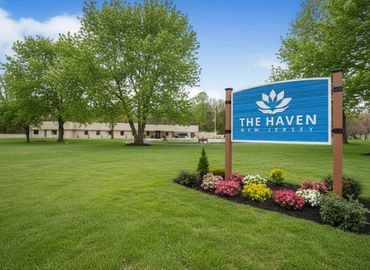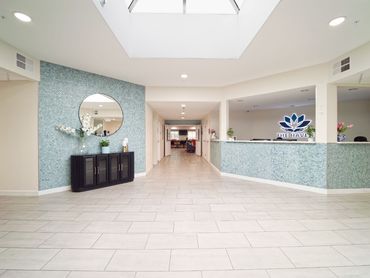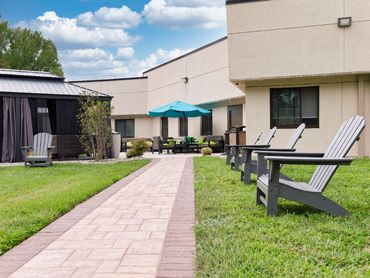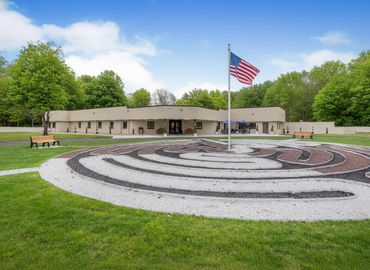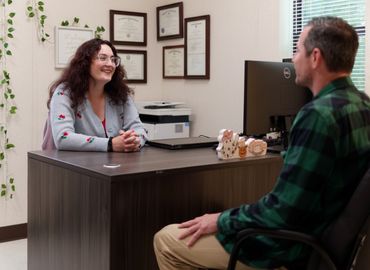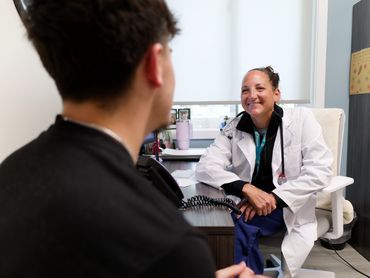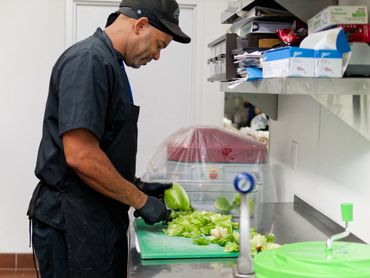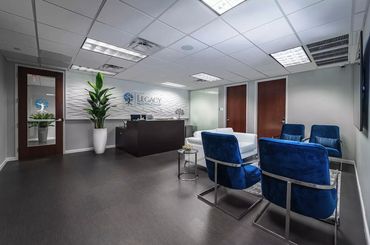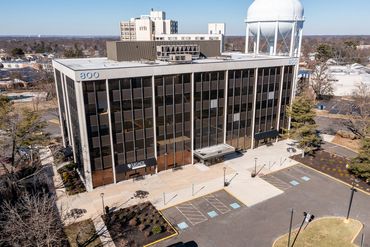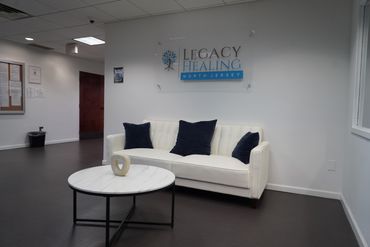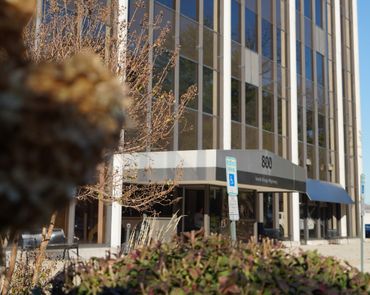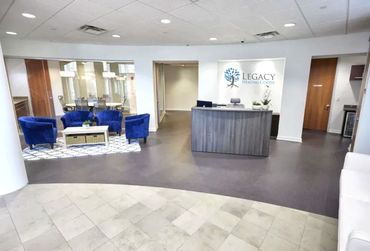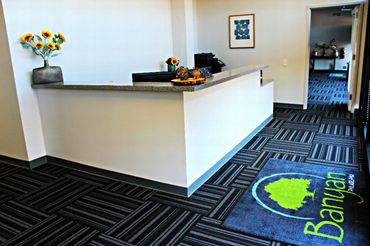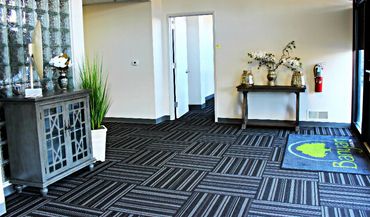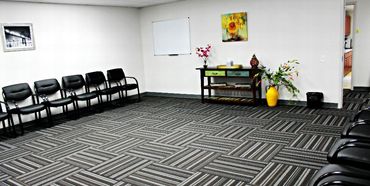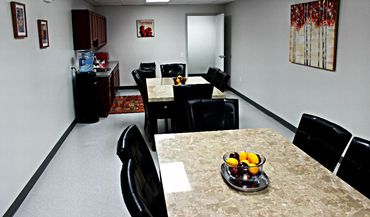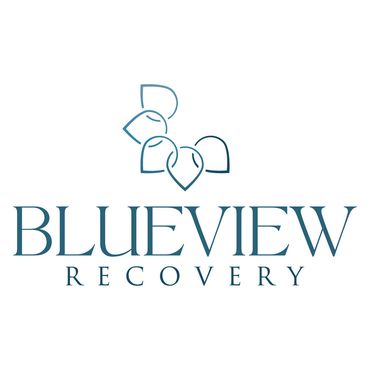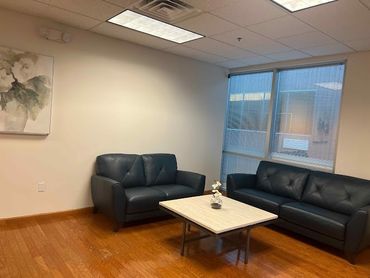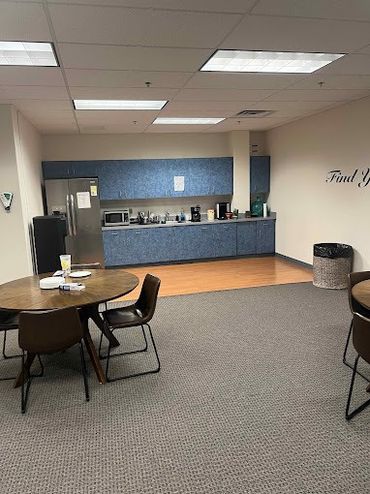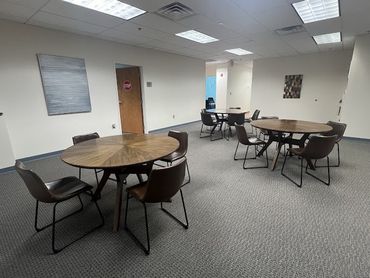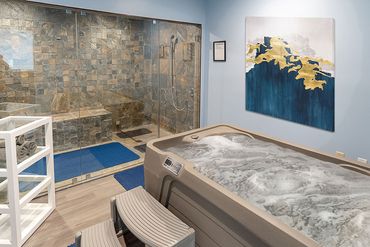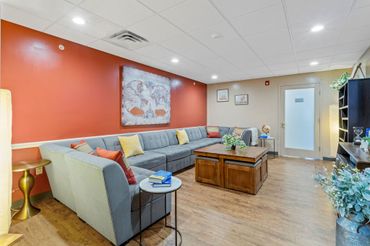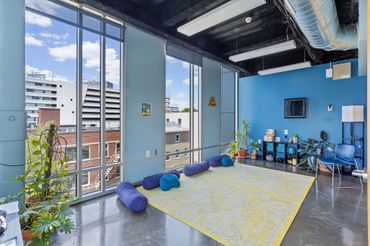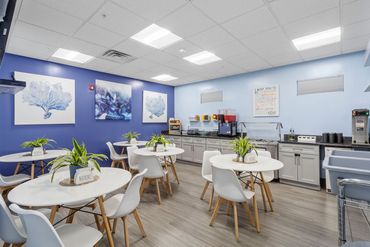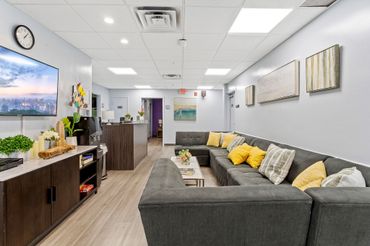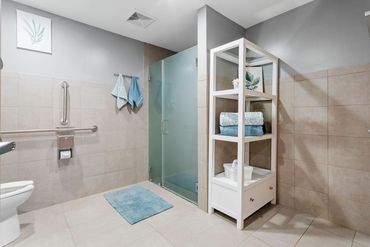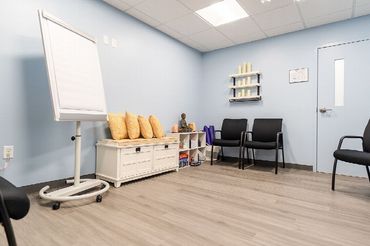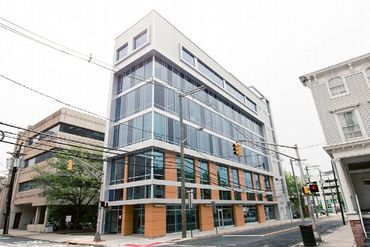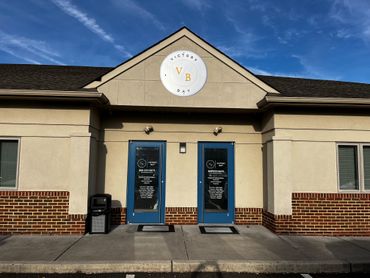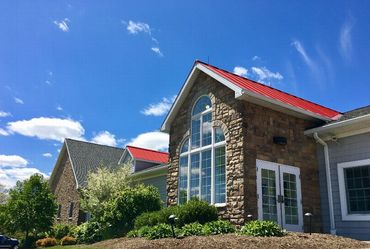
Drug & Alcohol Rehab Centers near Laurel Springs, NJ
When it comes to finding treatment for substance use disorder in Laurel Springs, New Jersey, taking that crucial first step toward recovery is of paramount importance. To embark on this journey, understanding the available treatment options and payment methods is vital. This will not only ensure a smoother path to healing but also help individuals make informed choices on their road to recovery.
Treatment Centers near Laurel Springs, NJ


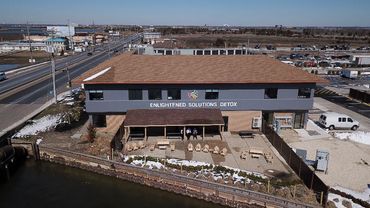

Open to Travel? Check out Top-Rated Options
All Treatment Centers near Laurel Springs, NJ
Are You Covered For Treatment?
- Newark Rehabs
- Cherry Hill Rehabs
- Toms River Rehabs
- Trenton Rehabs
- New Brunswick Rehabs
- Flemington Rehabs
- Paterson Rehabs
- Morristown Rehabs
- Camden Rehabs
- Paramus Rehabs
Information About Rehab in Laurel Springs
Latest Reviews
Latest Reviews of Rehabs in New Jersey
Victory Bay: Detox
Victory Bay is full of great employees who genuinely care about your well being and want whats best for you. The clinical staff members are very knowledgeable and keep pushing you to be the best that you can be. The house managers care and always try to help where they can and hold everyone accountable for their actions and teach responsibility.
Area Information
Laurel Springs, New Jersey, is a charming town situated in Camden County. Known for its warm and welcoming community, this peaceful borough offers a serene environment that makes it a destination for visitors and residents alike. Located in close proximity to other cities and suburbs, Laurel Springs combines a tranquil atmosphere with urban convenience.
Substance Misuse and Addiction in Laurel Springs, New Jersey
Regrettably, substance misuse and addiction have become prevalent concerns, particularly within Camden County, where Laurel Springs is located. According to a report, in 2010, there were 89 fatalities attributed to the “adverse effects of substance abuse.”1 However, by 2018, this number had dramatically risen to 329, marking a substantial 370% increase.1
Drug and Alcohol Rehab
Rehabilitation programs offer a range of options and programs to treat addiction and assist individuals in their journey to recovery. These programs are tailored to address the unique needs of each person, recognizing that the path to recovery is a deeply personal experience.
What Happens in Drug and Alcohol Rehab?
Substance use disorder treatment encompasses various stages of care, including detox, inpatient treatment, outpatient treatment, and aftercare. Each stage is designed to meet the specific needs of individuals at various points in their recovery journey. These levels of care ensure that everyone receives the appropriate support and treatment that aligns with their individual circumstances.
Detox Programs
Detox programs, the initial step in the journey to recovery, play a pivotal role in helping individuals safely overcome the physical dependence on substances. These programs are conducted in a medically monitored environment, where healthcare professionals closely monitor patients’ progress and administer medications to alleviate the often severe withdrawal symptoms. The primary goal of detox is to ensure a safe and comfortable transition as the body rids itself of harmful substances.
How Long Is Detox in Rehab?
Depending on several factors, including the specific substance used, the individual’s overall health, and the severity of the addiction, the duration of detox can typically range from 3 to 7 days. However, it’s essential to understand that the duration can vary, as the focus is on individualized care tailored to the unique needs of each person seeking recovery.
Inpatient Drug and Alcohol Rehab
Inpatient treatment programs are a cornerstone of addiction recovery, providing a structured and supportive environment for individuals to address their addiction and any co-occurring disorders. These programs offer a comprehensive approach to healing, combining various therapeutic modalities, including individual and group therapy. Group therapy, in particular, plays a significant role in inpatient drug and alcohol rehab, as it allows individuals to connect with peers facing similar challenges, share their experiences, and gain valuable insights. While 30-day inpatient programs are among the most popular options, some individuals may require extended treatment of 60 or 90 days to achieve the best outcomes.
Outpatient Drug and Alcohol Rehab
Outpatient treatment programs provide a flexible option for individuals who wish to continue their recovery while balancing their daily responsibilities. These programs offer a range of therapeutic services and tools for aftercare and relapse prevention. Individuals in outpatient drug and alcohol rehab can attend sessions at scheduled times while living at home or in a supportive environment. The focus is on equipping individuals with the skills and strategies necessary to maintain their sobriety as they transition back into their daily lives.
How Much Does Rehab Cost?
Paying for rehab can be a daunting prospect, but it should not deter anyone from seeking help. There are various options available to make treatment accessible, such as:
- Payment Plans
- Government Grants and Scholarships
- Free Rehab
- State-Funded Rehab
Does Insurance Cover Drug and Alcohol Rehab?
Many insurance plans provide coverage for at least partial costs of rehab. Drug rehab insurance can help alleviate financial concerns and can be utilized to offset expenses. Widely accepted insurance providers include:
Finding The Best Rehab Center
Laurel Springs, New Jersey Drug and Alcohol Rehab Facilities
When considering treatment options, individuals can use our rehab locator tool to find nearby facilities. While seeking treatment in your home state can be beneficial, often, it is advised to explore treatment out of state to reduce distractions and enhance focus on recovery. Our locator tool can help individuals find the best treatment facility, whether in New Jersey or elsewhere.
Sources
- Camden County Board of Freeholders. Opiod Crisis Camden County New Jersey.
